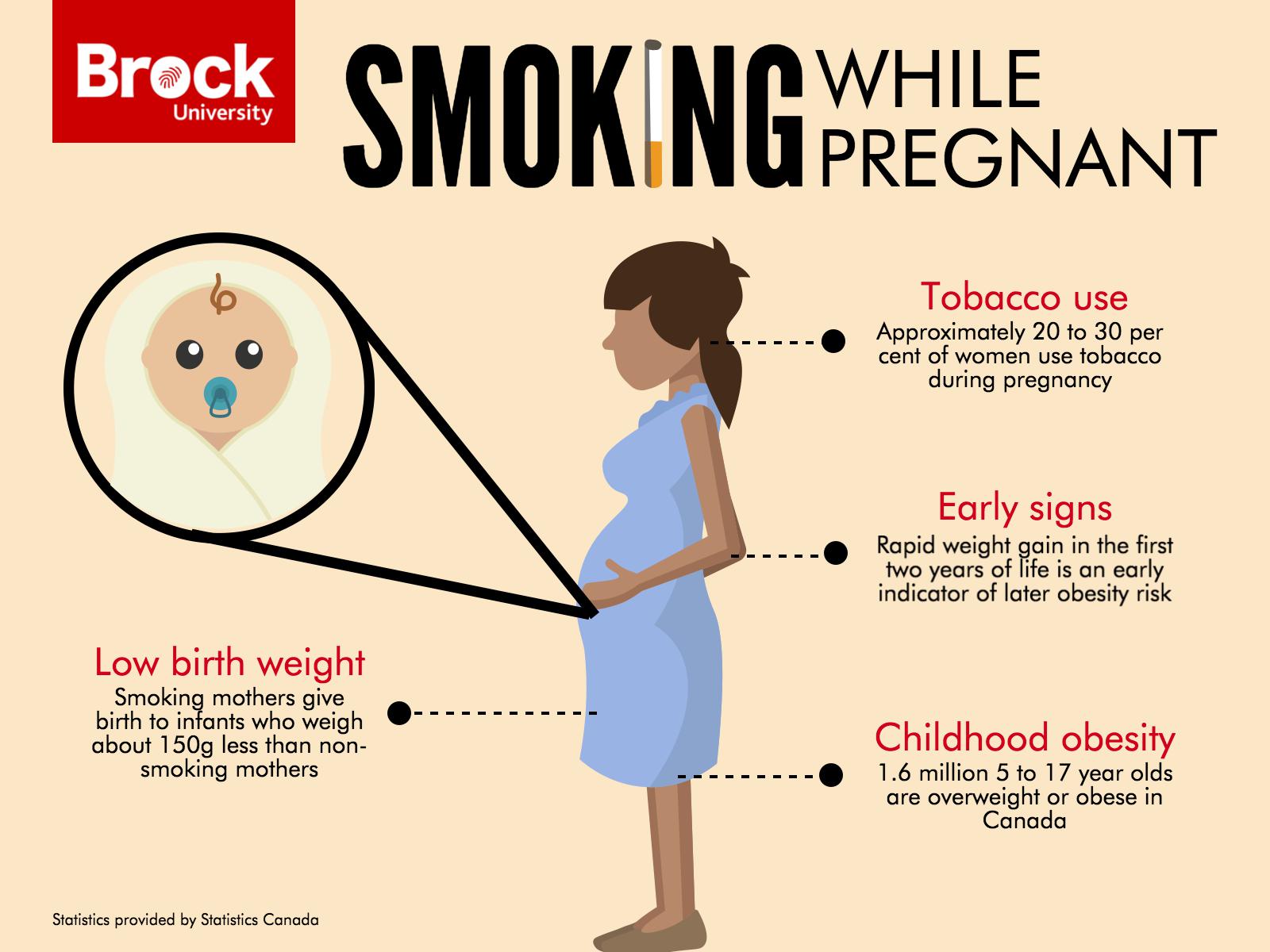
Early Pregnancy Smoking: A Serious Threat to Maternal and Fetal Health
Introduction
Smoking during pregnancy is a major public health concern, posing significant risks to both the mother and the developing fetus. Early pregnancy smoking, in particular, has been associated with a wide range of adverse outcomes, including preterm birth, low birth weight, and developmental abnormalities. Understanding the consequences of early pregnancy smoking is crucial for healthcare providers and expectant mothers alike to make informed decisions and promote optimal pregnancy outcomes.
Physiological Effects of Smoking on Pregnancy
Smoking introduces over 4,000 chemicals into the bloodstream, many of which have harmful effects on pregnancy. Nicotine, the primary addictive substance in cigarettes, constricts blood vessels, reducing blood flow to the uterus and placenta. This impaired blood flow can lead to:
- Placental abruption: A separation of the placenta from the uterine wall, which can cause severe bleeding and endanger the mother and fetus.
- Preeclampsia: A pregnancy-related condition characterized by high blood pressure and protein in the urine, which can lead to serious complications for both the mother and baby.
- Gestational diabetes: A type of diabetes that develops during pregnancy, increasing the risk of birth defects and other health problems.
Adverse Fetal Outcomes
Early pregnancy smoking has been linked to a number of adverse fetal outcomes, including:
- Preterm birth: Babies born before 37 weeks of gestation are at increased risk of health problems, such as respiratory distress syndrome, cerebral palsy, and developmental delays.
- Low birth weight: Babies born with a birth weight below 5 pounds 8 ounces are more likely to experience health issues, including feeding difficulties, infections, and developmental problems.
- Birth defects: Smoking during pregnancy has been associated with an increased risk of certain birth defects, such as cleft lip and palate, heart defects, and neural tube defects.
- Developmental delays: Children exposed to smoking in utero may have lower cognitive abilities, behavioral problems, and learning difficulties.
Maternal Health Risks
In addition to the risks to the fetus, early pregnancy smoking also poses significant health risks to the mother:
- Increased risk of miscarriage: Smoking during pregnancy increases the risk of miscarriage by up to 30%.
- Ectopic pregnancy: A pregnancy that occurs outside the uterus, which can be life-threatening for the mother.
- Premature rupture of membranes: A condition in which the amniotic sac breaks before the onset of labor, increasing the risk of infection and preterm birth.
- Postpartum hemorrhage: Excessive bleeding after childbirth, which can be life-threatening for the mother.
Quitting Smoking during Pregnancy
Quitting smoking during pregnancy is the single most important thing a woman can do to protect her own health and the health of her baby. However, quitting can be challenging, especially for women who have been smoking for a long time. There are a number of resources available to help women quit, including:
- Nicotine replacement therapy (NRT): Patches, gum, lozenges, and inhalers that provide a controlled dose of nicotine to reduce cravings.
- Medications: Prescription medications, such as bupropion (Wellbutrin) and varenicline (Chantix), can help block the effects of nicotine and reduce cravings.
- Behavioral therapy: Counseling and support groups can provide women with coping mechanisms and strategies for quitting smoking.
Conclusion
Early pregnancy smoking is a serious threat to maternal and fetal health. It increases the risk of a wide range of adverse outcomes, including preterm birth, low birth weight, birth defects, and developmental delays. Quitting smoking during pregnancy is essential for protecting the health of both the mother and the baby. Healthcare providers and expectant mothers should work together to develop a plan to quit smoking and ensure a healthy pregnancy.